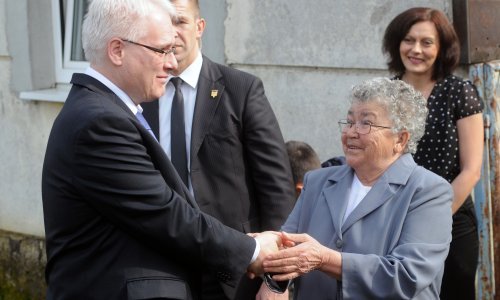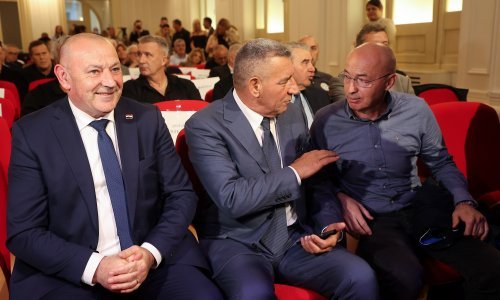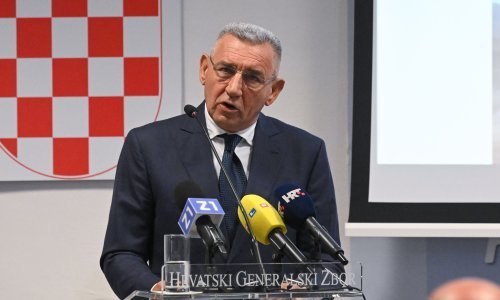Croatian President Ivo Josipovic has said in an interview with a Belgrade daily that it is in Croatia's strategic interest to see all countries in the region join the European Union and that Croatia will support its neighbours on their way to EU membership.
In the interview with Vecernje Novosti of Saturday, Josipovic said that the EU membership of the countries in the region would create new aspects of common security, trade, progress and cooperation, noting that Croatia had changed for the better since it started its integration with the EU ten years ago.
"There are still many problems, but the Croatian society today is considerably different. That particularly refers to respect for human rights, the operation of some institutions, as well as to citizens' attitudes, which are now absolutely pro-European," Josipovic said.
Speaking of Croatian-Serbian relations, Josipovic said that progress was visible in the cooperation between the two countries, but that he thought that some aspects were developing too slowly because a part of politicians were wary of how those changes would be received by the public.
After Croatia joins the EU, remaining joint problems will have to be resolved. "Cooperation must be stepped up in the search for missing persons, we can find a way to finally define the border on the Danube, and we should also bring to conclusion the issue of succession," he said.
Speaking of the issue of refugees, Josipovic said that there were no longer political obstacles to their return, that housing reconstruction was the main issue, and that nowadays returnees had the same problems as other Croatian citizens due to the economic crisis and lack of jobs.
Asked if he saw in the Hague tribunal's verdict to Croatian generals Ante Gotovina and Mladen Markac a meaning other than exclusively a legal one, particularly in light of the fact that it was based on the allegation of the existence of a joint criminal enterprise, Josipovic said that that legal term was not always clear and that it did not exist in any legal system known to him.
"I cannot accept blanket political conclusions drawn by some from the verdict, namely that Croatia waged an unjust war with the purpose of expelling the Serb population. That is also historically incorrect, and is not stated in the verdict. The verdict says that (Operation) Storm was a part of an international armed conflict, meaning that Serbia was involved in the war in Croatia," he said.
Speaking of the lawsuits Serbia and Croatia had filed against one another at the International Court of Justice, Josipovic recalled that in Croatia the matter was up to the government to decide, and that he had stated on a number of occasions that one should reconsider if the lawsuits would serve their purpose, particularly considering the fact that the desired goals were already being accomplished through other means.


































